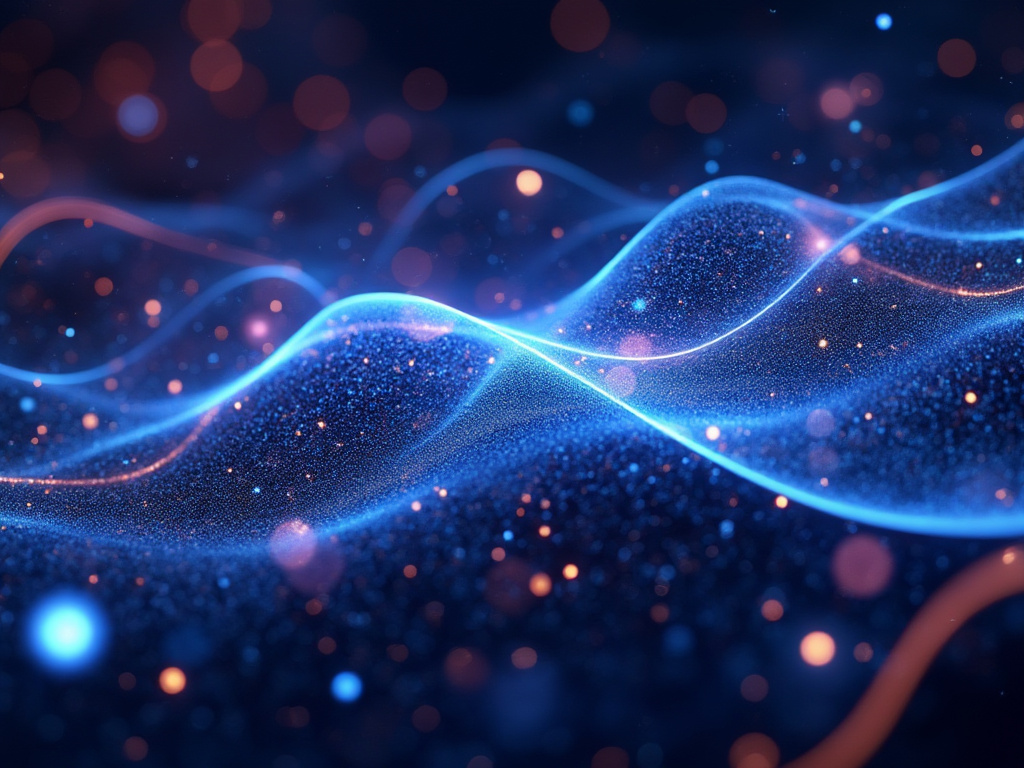Researchers Confirm Quantum Theory Link to Information Principle

Researchers at Linköping University, in collaboration with teams from Poland and Chile, have experimentally validated a decade-old theoretical study linking the fundamental complementarity principle in quantum mechanics to information theory. The findings, published by the AAAS, were made possible through an innovative experimental setup that establishes a direct relationship between the wave-particle duality of light and the level of unknown information in a quantum system, referred to as entropic uncertainty.
The concept of wave-particle duality has its origins in the 17th century, when Isaac Newton proposed that light exhibits both particle and wave-like behavior. This notion was later confirmed in the 1920s by physicist Arthur Compton, who demonstrated that light possesses kinetic energy, a property of classical particles. Niels Bohr’s complementarity principle further advanced this understanding, asserting that while measurements can reveal either wave or particle characteristics, their combined properties remain constant.
Guilherme B. Xavier, a quantum communication researcher at Linköping University, highlighted the implications of this study for advancing quantum information and computing technologies. The results hold promise for applications in quantum communication, cryptography, and metrology, potentially paving the way for groundbreaking discoveries in multiple scientific domains.
Source: https://quantumzeitgeist.com/researchers-confirm-quantum-theory-link-to-information-principle/